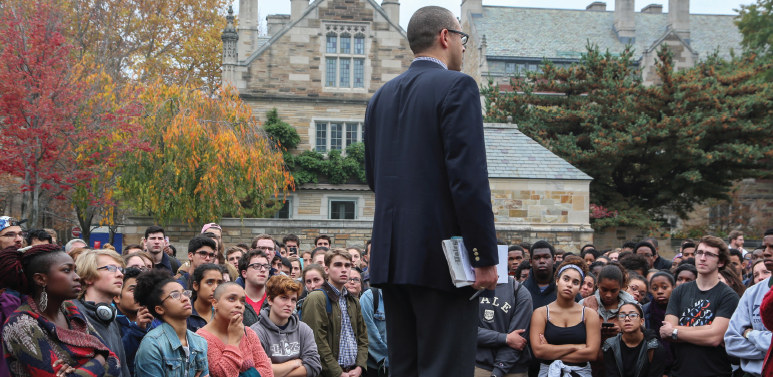The Color of Love: Racial Features, Stigma, and Socialization in Black Brazilian Families
University of Texas Press
November 2015
328 pages
6 x 9
Hardcover ISBN: 978-1-4773-0238-5
Paperback ISBN: 978-1-4773-0788-5
Elizabeth Hordge-Freeman, Assistant Professor of Sociology with a joint appointment in the Institute for the Study of Latin America & the Caribbean
University of South Florida
Drawing on more than one hundred interviews and observations within ten core families, this study of intimate relationships as sites of racial socialization reveals a new facet of race-based differential treatment and its origins—and the mechanisms that perpetuate these strata across generations.
The Color Of Love reveals the power of racial hierarchies to infiltrate our most intimate relationships. Delving far deeper than previous sociologists have into the black Brazilian experience, Elizabeth Hordge-Freeman examines the relationship between racialization and the emotional life of a family. Based on interviews and a sixteen-month ethnography of ten working-class Brazilian families, this provocative work sheds light on how families simultaneously resist and reproduce racial hierarchies. Examining race and gender, Hordge-Freeman illustrates the privileges of whiteness by revealing how those with “blacker” features often experience material and emotional hardships. From parental ties, to sibling interactions, to extended family and romantic relationships, the chapters chart new territory by revealing the connection between proximity to whiteness and the distribution of affection within families.
Hordge-Freeman also explores how black Brazilian families, particularly mothers, rely on diverse strategies that reproduce, negotiate, and resist racism. She frames efforts to modify racial features as sometimes reflecting internalized racism, and at other times as responding to material and emotional considerations. Contextualizing their strategies within broader narratives of the African diaspora, she examines how Salvador’s inhabitants perceive the history of the slave trade itself in a city that is referred to as the “blackest” in Brazil. She argues that racial hierarchies may orchestrate family relationships in ways that reflect and reproduce racial inequality, but black Brazilian families actively negotiate these hierarchies to assert their citizenship and humanity.




